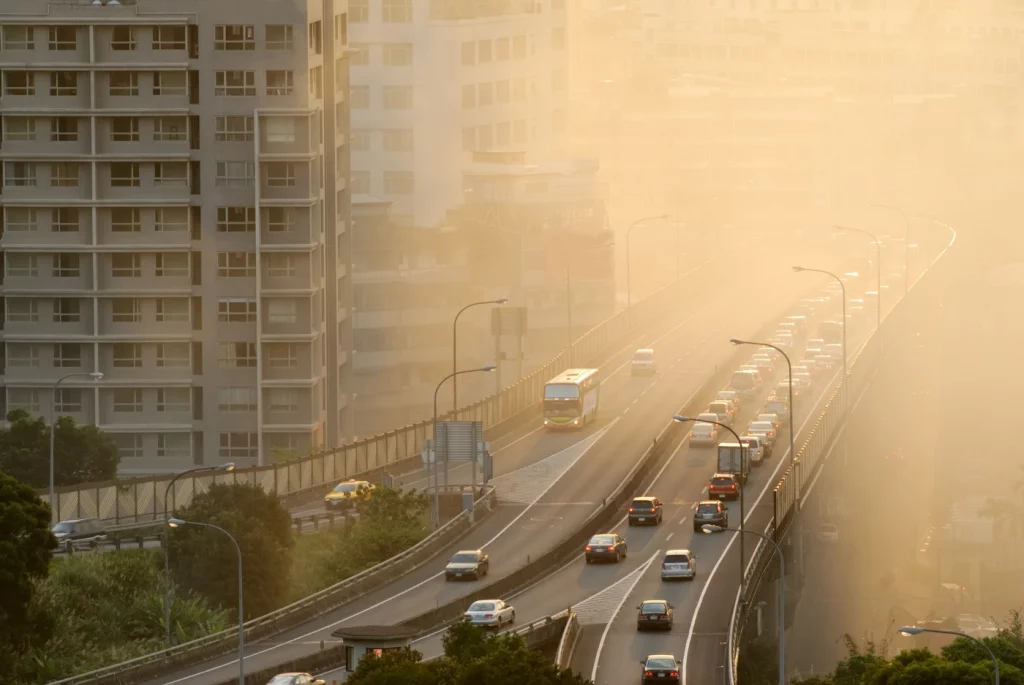In May 2024, Delhi’s air quality plunged into the “poor” category for six consecutive days, with the Air Quality Index (AQI) consistently exceeding 200, reaching into the 201-300 range. This significant deterioration in air quality should have triggered Stage 1 of the Graded Response Action Plan (GRAP-1), as mandated by law. However, the relevant authorities failed to initiate the emergency measures, prompting the National Green Tribunal (NGT) to intervene.
The principal bench of the NGT, in its directive issued in May, demanded an explanation from the Commission for Air Quality Management in NCR and Adjoining Areas (CAQM) regarding the omission of GRAP-1. The CAQM subsequently submitted a report to the NGT, detailing the rationale behind its decision.
According to the CAQM’s report, the decision not to invoke GRAP-1 was influenced by the “widely varying trend of AQI” observed during that period. The report noted that GRAP-1 had traditionally been activated primarily during winter months, a pattern that had persisted since its inception in 2017. The report further indicated that the summer months, including May, had not exhibited a consistent trend of declining air quality similar to the winter season. Throughout May, the CAQM’s sub-committee convened four times to review the air quality situation. Despite noting that AQI levels had sporadically breached the threshold, the sub-committee did not identify any specific local sector as a significant contributor to the pollution spikes. Instead, the CAQM focused on enhancing dust pollution control measures, such as deploying anti-smog guns, water mists, dust screens, and ensuring proper waste management.
In response to the deteriorating air quality, the CAQM instructed member secretaries of pollution control boards to intensify efforts, including increasing the frequency of water sprinkling, road sweeping, and enforcing dust control at construction sites. These measures were anticipated to improve air quality, particularly with favourable meteorological conditions. The NGT has directed the CAQM to clarify the sub-committee’s authority regarding GRAP invocation by the next hearing scheduled for September 27. The Tribunal’s scrutiny underscores the critical need for effective implementation of emergency measures to address severe air pollution and safeguard public health.


